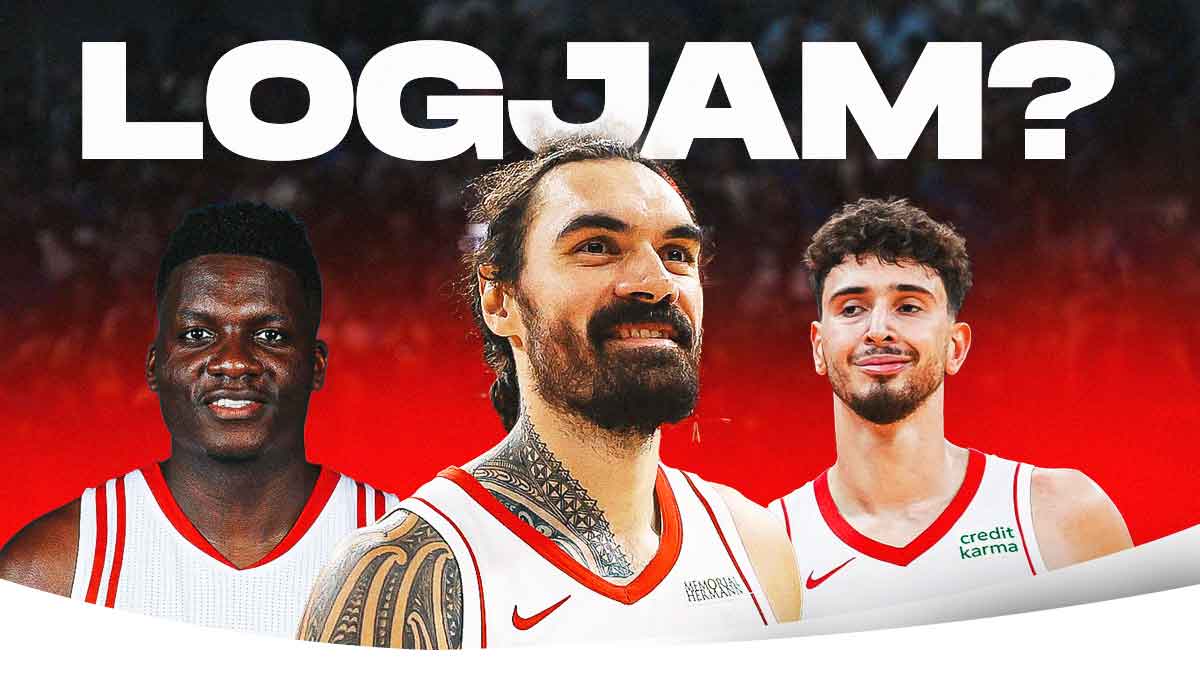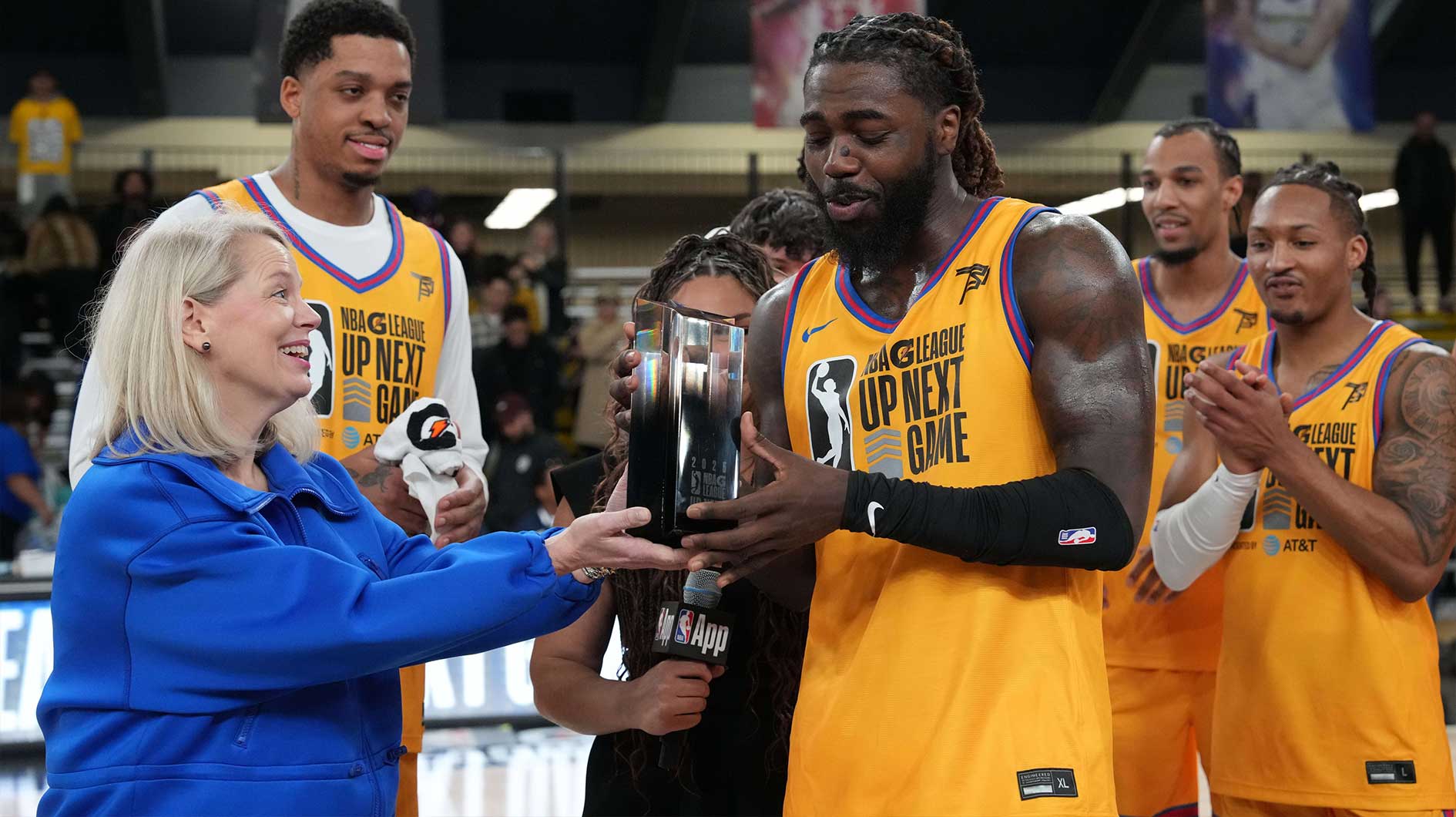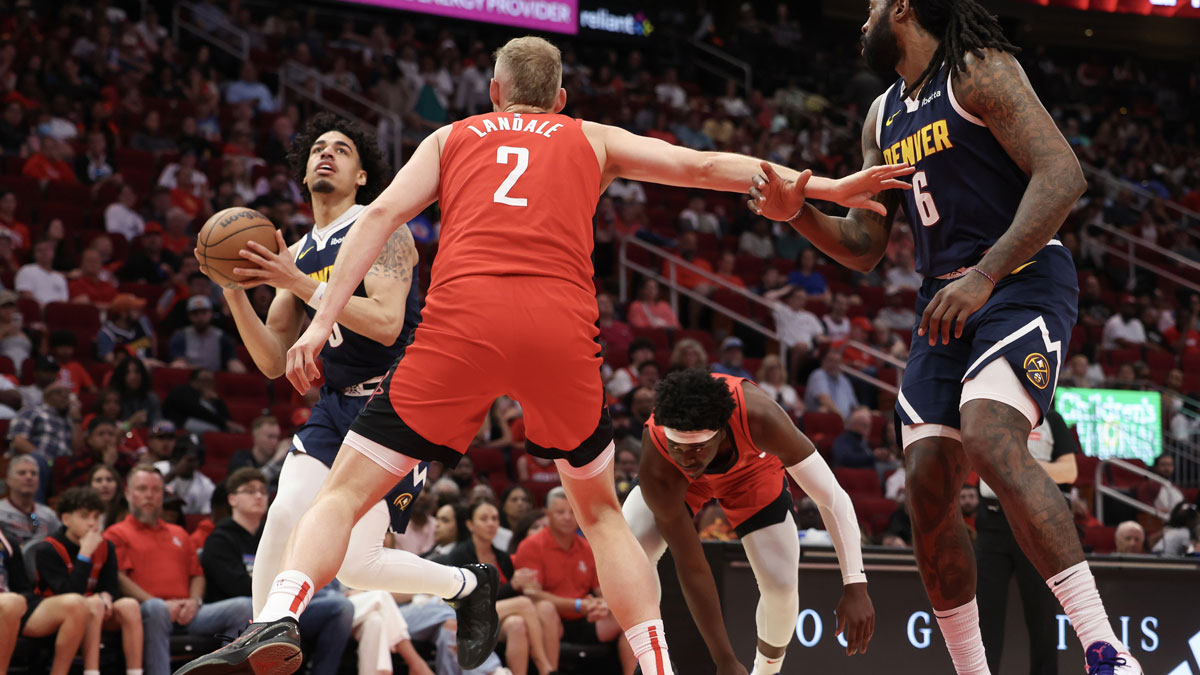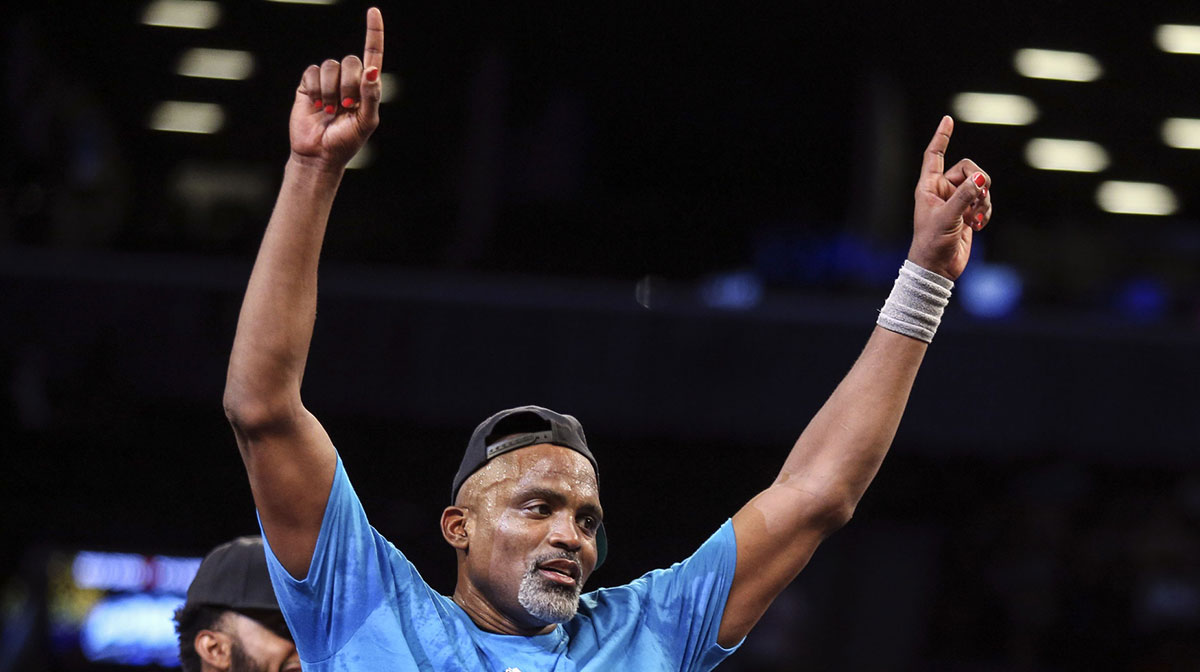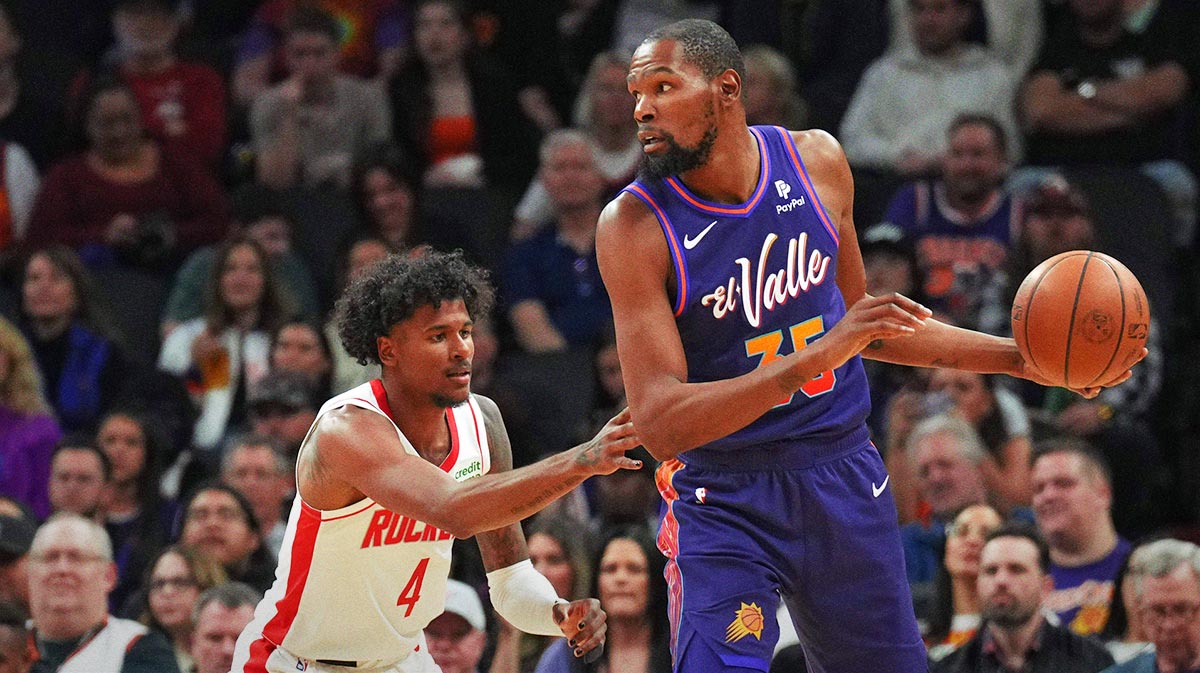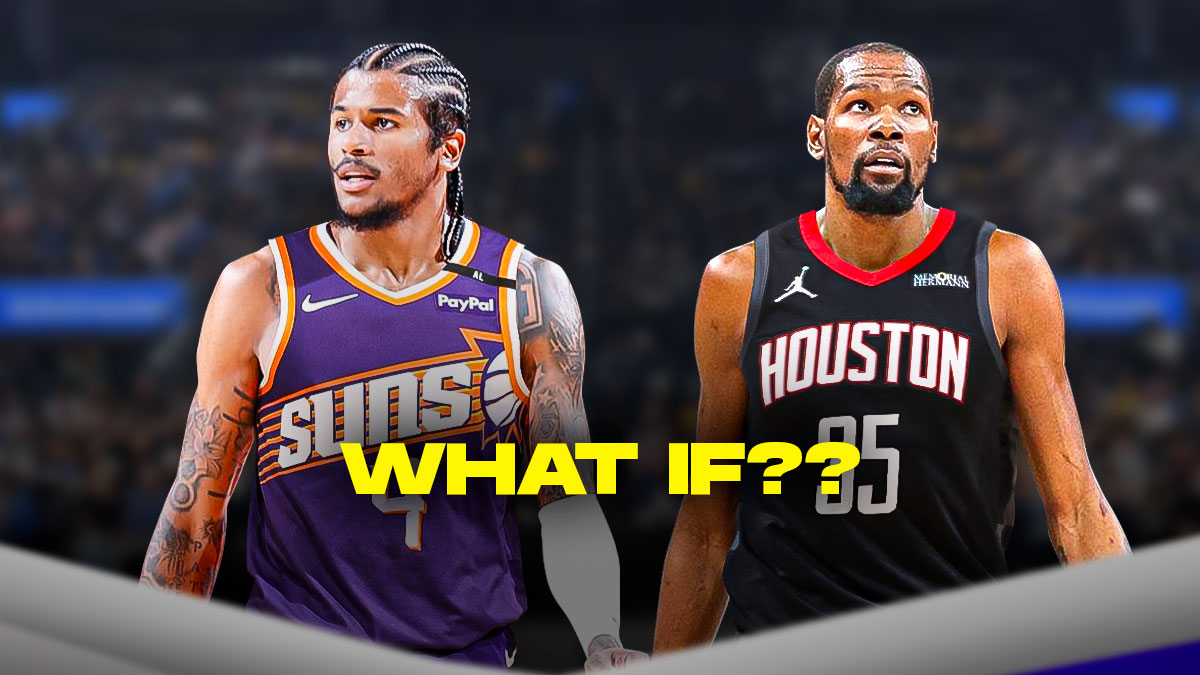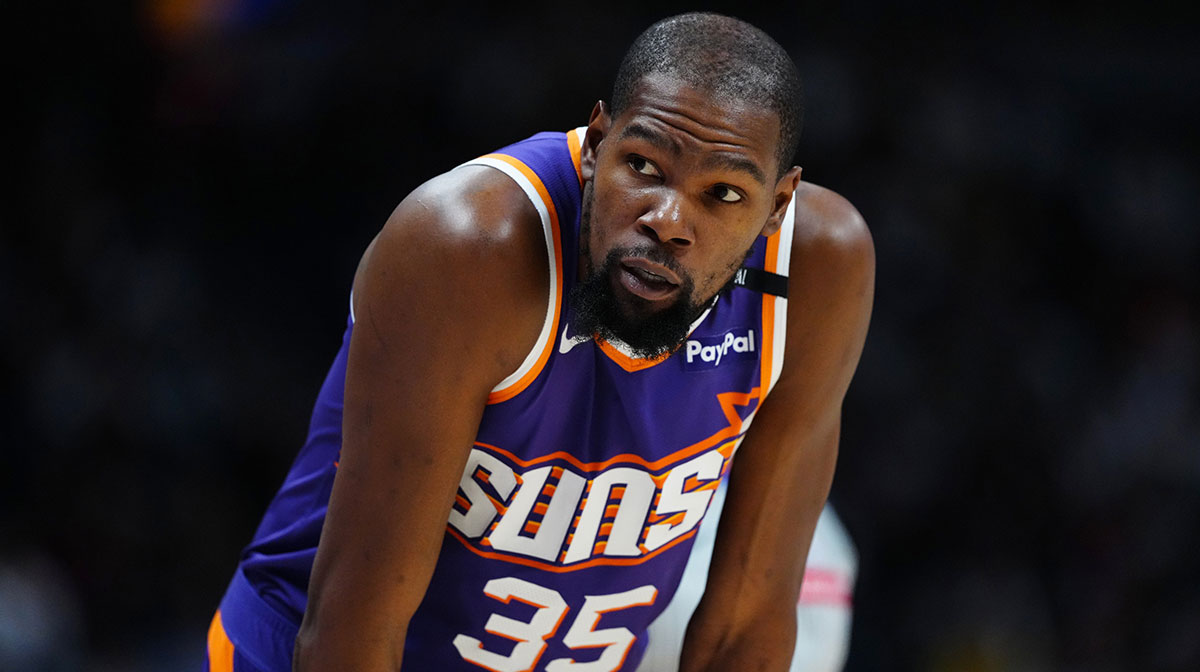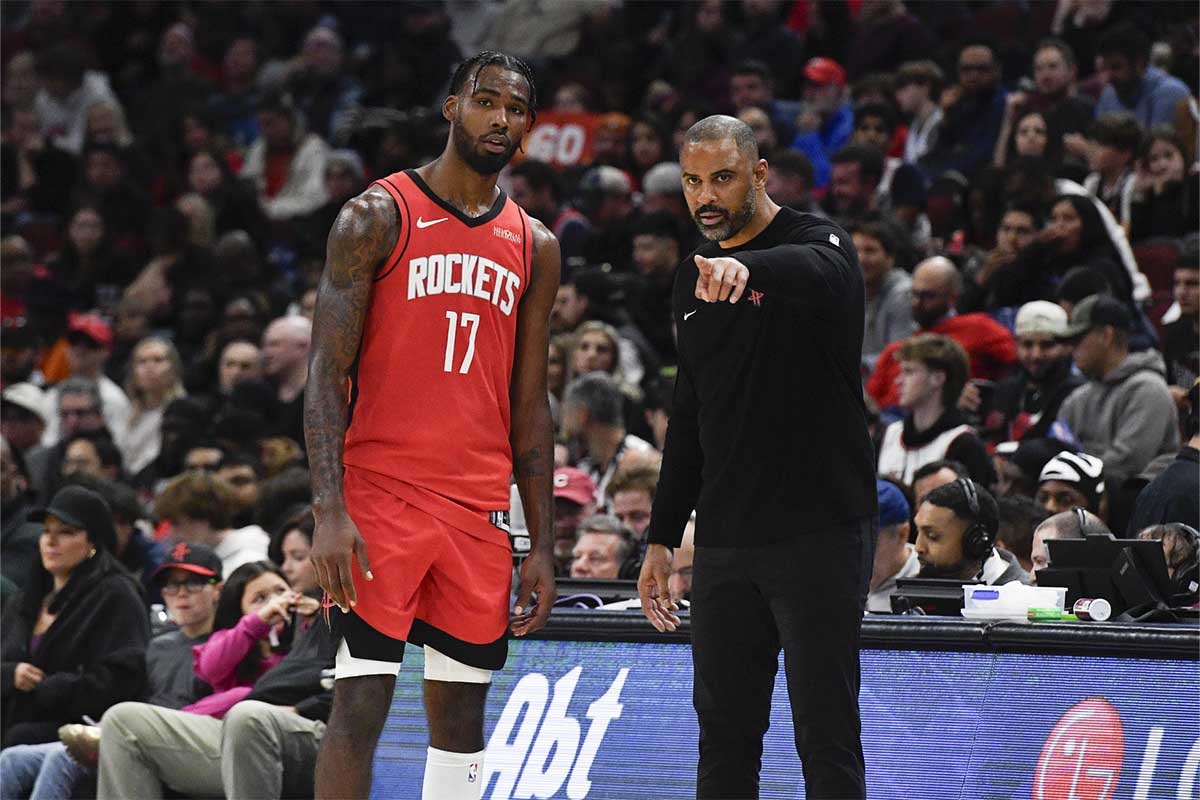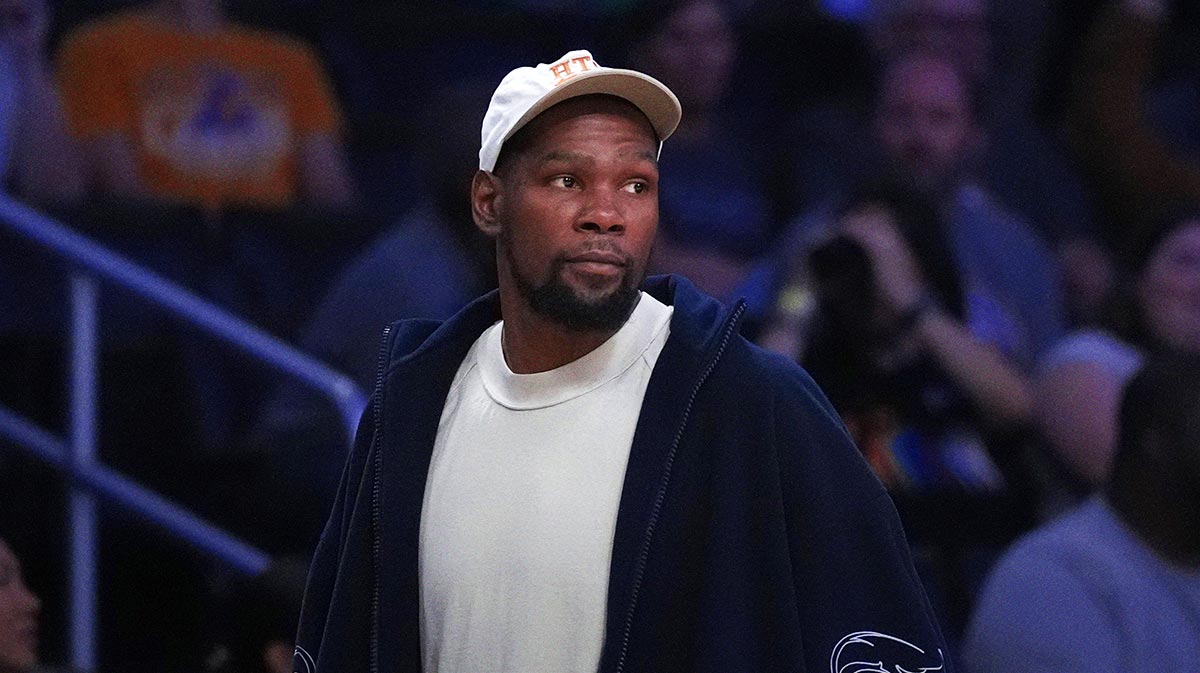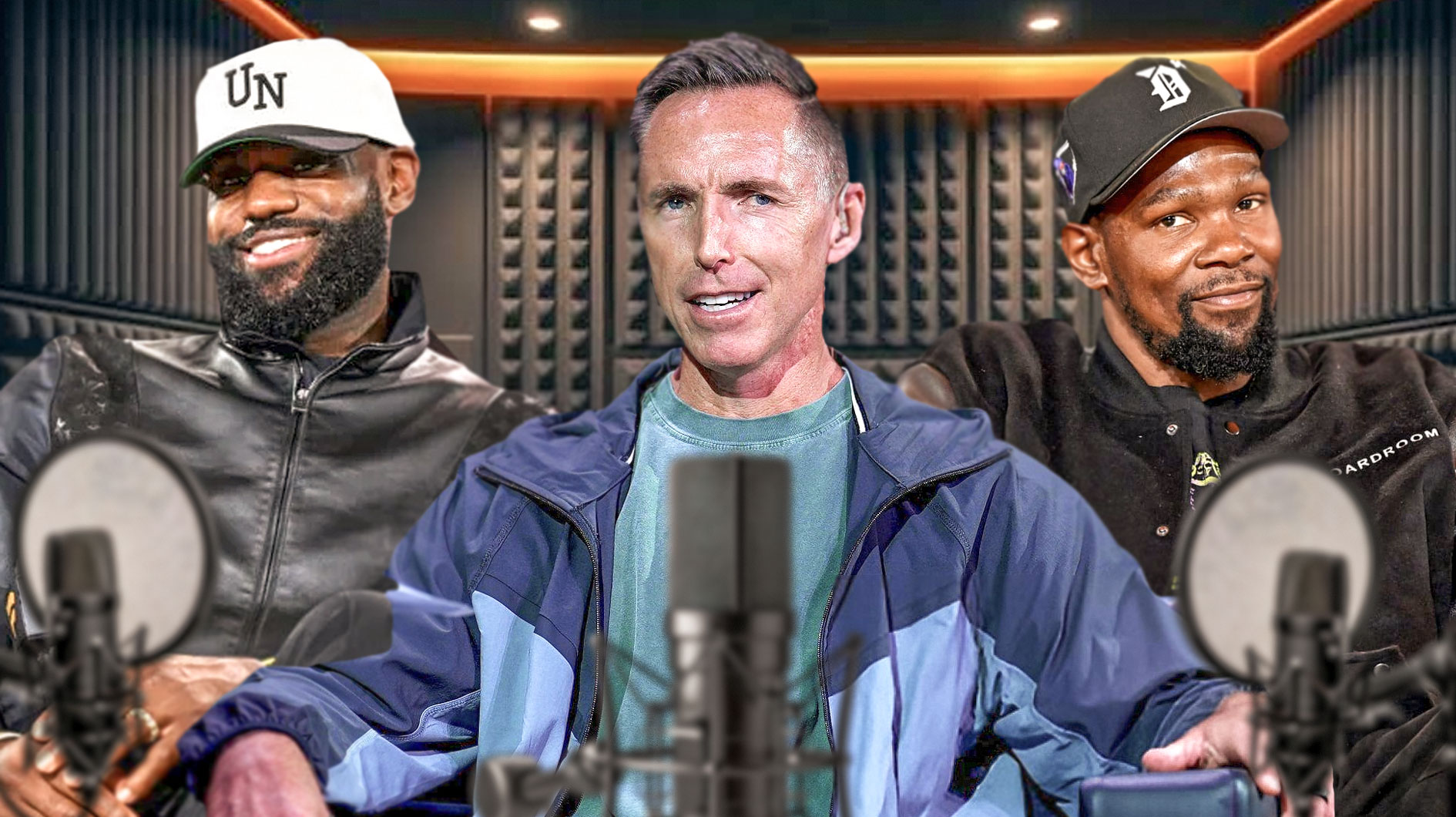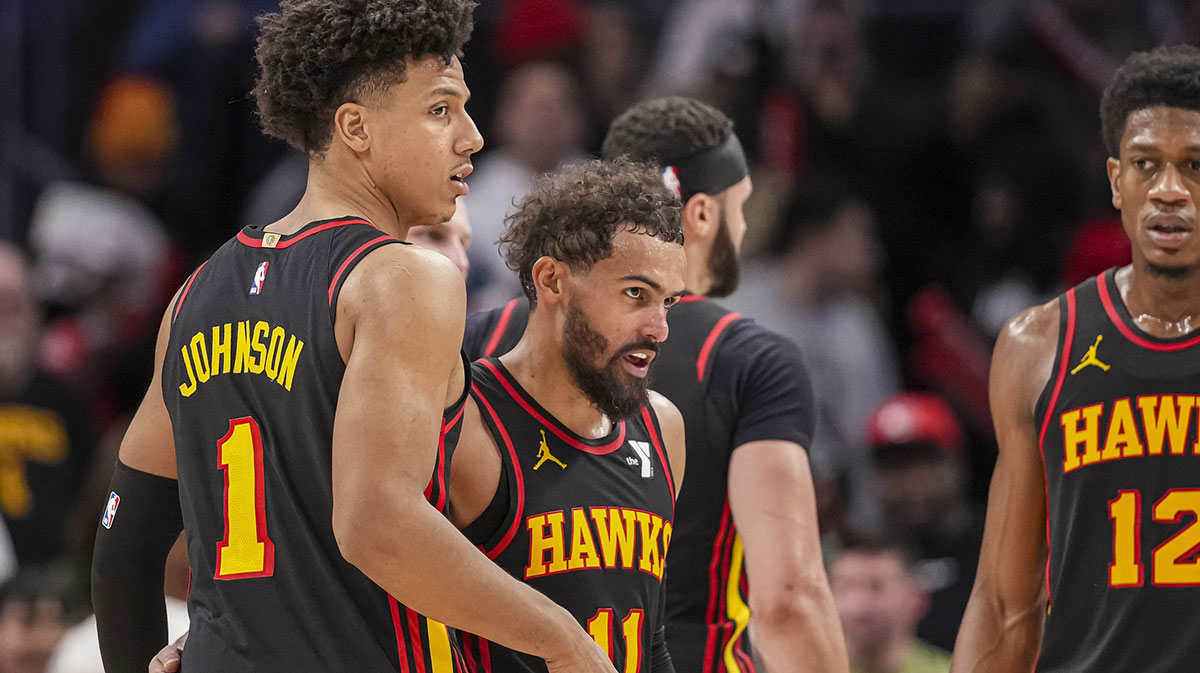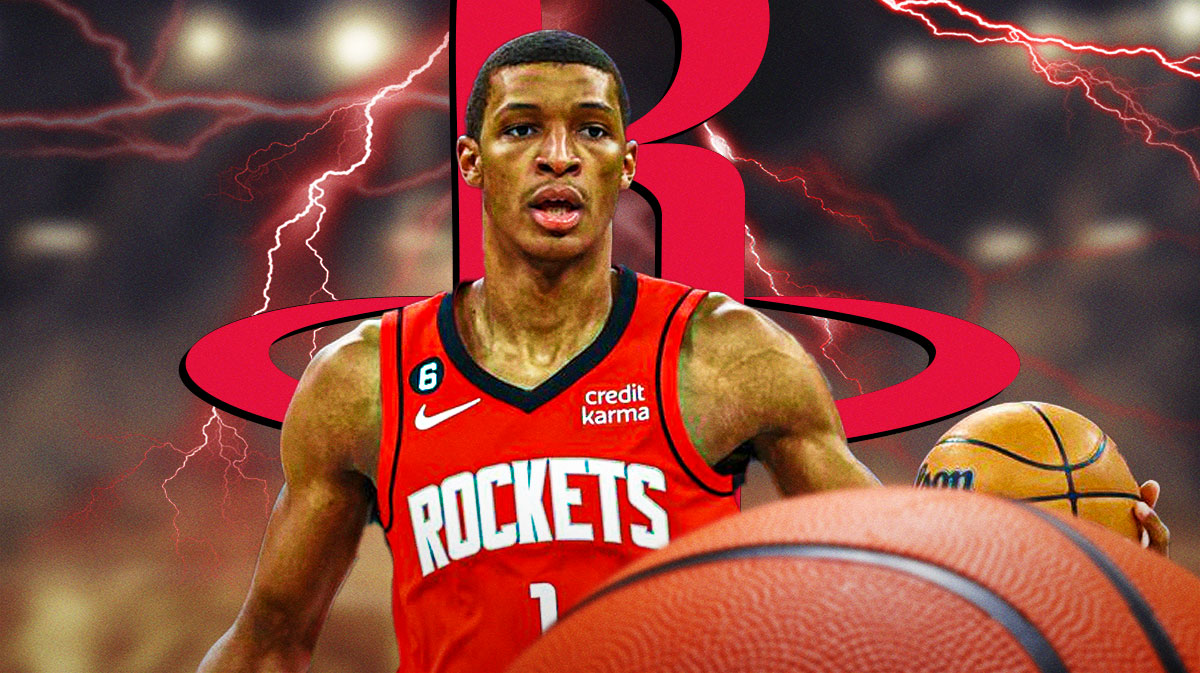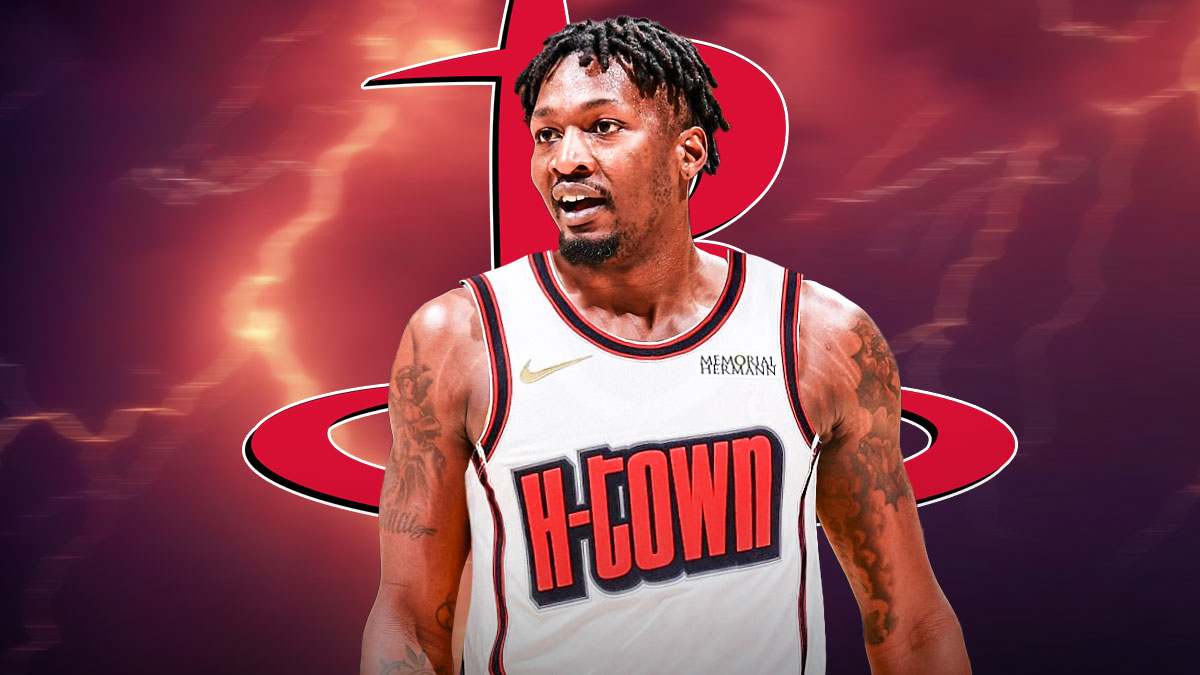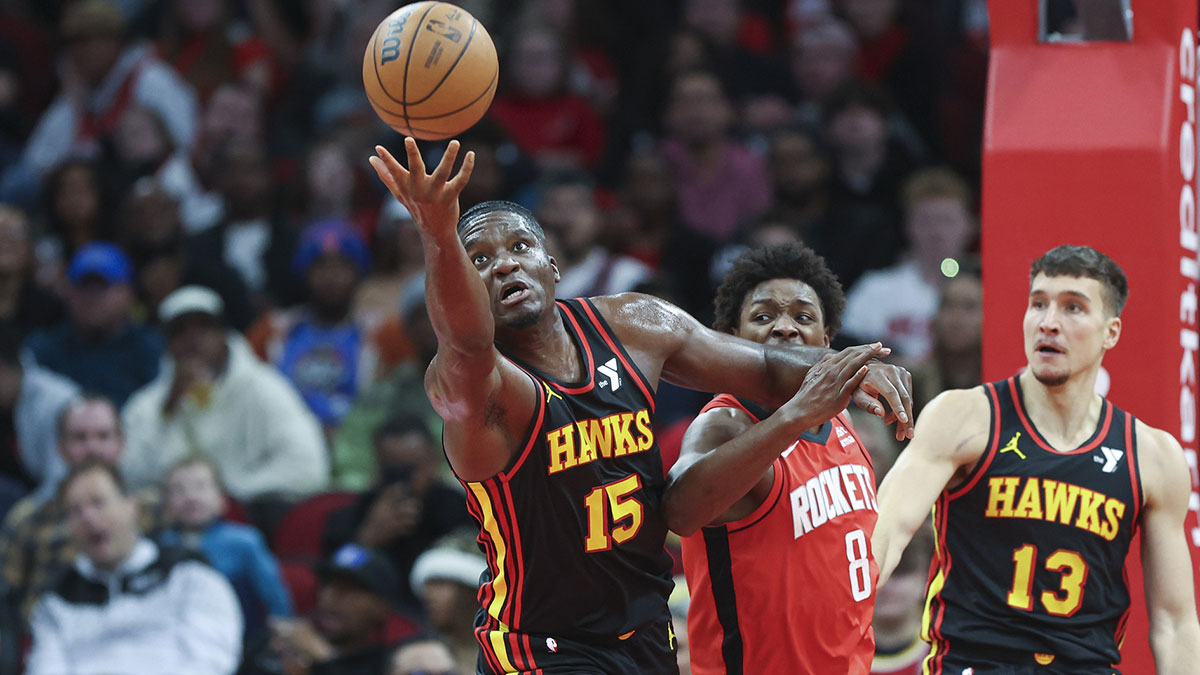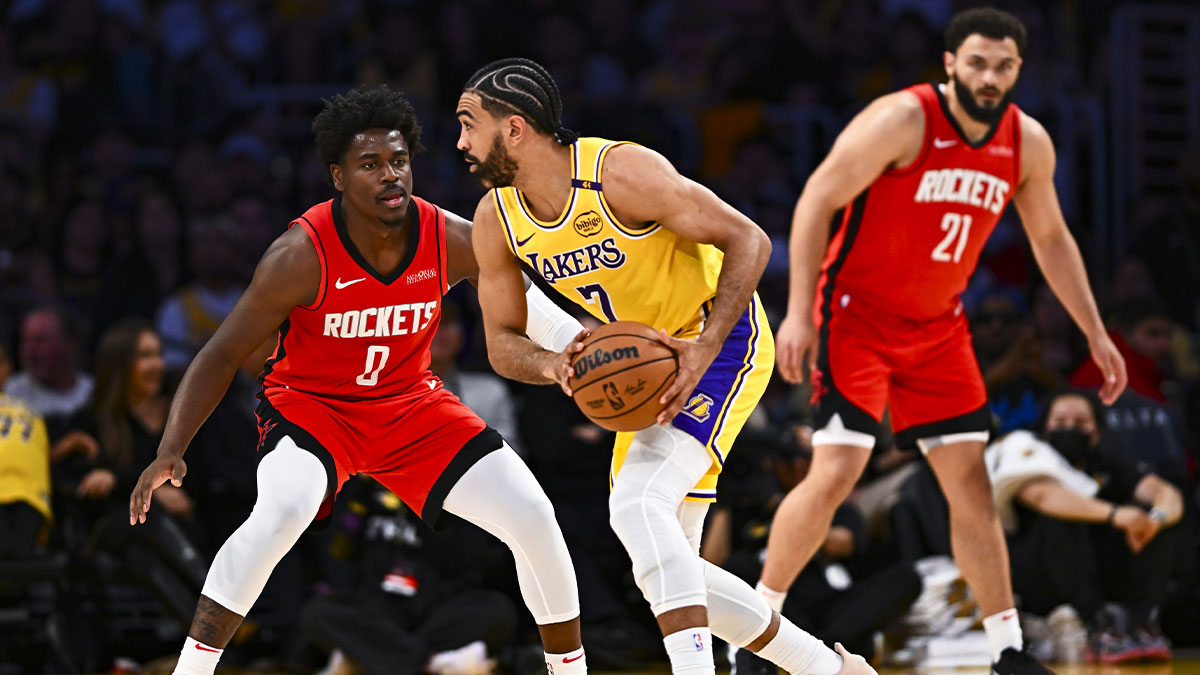HOUSTON — One point. That's what separates the Golden State Warriors and Houston Rockets after 197 minutes of basketball.
Every game has been decided by six or fewer points, and the scoreboard currently reads 448 to 447. As this West second-round series shifts back to Oracle Arena for Game 5, the NBA universe witnessed just how thin and delicate a 2-0 lead can be. The three days of rest between Tuesday and Saturday didn't benefit the defending champions like it was supposed to. Regardless of their season-long supremacy on the road, the Warriors' cushion has vanished.
It's now a best-of-three, with likely runner-up for MVP incinerating them so far. James Harden's 143 points on 108 shots (49.1-%-35.4%-89.2% shooting splits) through four games is the type of production that will rupture any defense. Blend it with the Warriors' tendency to lose focus and their cruise-control mentality in year five, you get a series that takes an unhealthy toll on their chance to survive.
If Harden's 79 total points in Games 3 and 4 didn't put any apprehension into the minds of a group that used to feel invincible, perhaps the hobbling of Andre Iguodala will. Although Iguodala was a victim of Harden's punishing step-back on multiple occasions in Houston, he is still the Warriors' best option on the bearded scoring machine. He came up limping in the final minute Monday after Chris Paul made contact with his left knee while trying to box out. While he claims it was just a mild hyperextension, the short turnaround between games the rest of the way isn't optimal for a 35-year-old being asked to play 11 more minutes per game than his regular season average.
The belief from his teammates is that Iguodala, in pain or not, will be ready to go Wednesday. But the Warriors have larger issues to handle on the court. The irony, though, is that it's a massive problem being formulated by an undersized weapon.
It probably sounds nonsensical with the degree of difficulty Harden continues to defy with these shots, but PJ Tucker may have just eclipsed him as the actual impact-based MVP of the series. Part of Golden State's powerful nature is that Harden's outrageous scoring figures alone aren't enough to dethrone them. You can even throw in Eric Gordon finishing 13-of-17 attempts at the rim (76.5 percent). It still isn't enough to get the job done.
They have needed Tucker's contributions that don't show up anywhere else except the rebounding column. In the 56 minutes Clint Capela has played in their two wins, the Rockets have grabbed 26.9 percent of the available offensive rebounds — still a relatively high amount, but paling in comparison to Tucker's impact on the boards. During Tucker's 76 minutes in Games 3-4, Houston secured 38.2 percent of the available offensive rebounds. The numbers also check out when Capela sits and Mike D'Antoni goes with his famous Tucker-at-center combinations.
Tucker is just providing life to a team that needed it. This gives the Rockets, a team that is usually notorious for relying too heavily on their outside shooting to win playoff games, an extra path that ultimately leads to the same destination. Due to his physically imposing body getting into the thick of Golden State's interior, they have been able to somewhat bully the Death Lineup over the last two games.
“We always talk about will,” Paul said. “And I can see (Tucker), a lot of times that I'm on the wing or corner, and I can see him and another guy going after the ball. You just see it. There's a difference when he dives on the floor or what not. I told him I was trying to be like him toward the end when I got a couple offensive rebounds. That energy fuels everybody else.”
When the Rockets have decided to go small (minus Capela), they have performed neck-and-neck with the vaunted Warriors' unit of speed. Part of it is because Houston doesn't concede the pace to them. They control the tempo with isolations that consume 80 percent of the shot clock and irritate the Warriors with multiple second-chance opportunities. The Rockets' small-ball combo of Paul-Harden-Gordon-Tucker with either Austin Rivers or Iman Shumpert in as the final piece is holding its own. For them, only three made triples out of the Rivers and Shumpert duo is still a win for D'Antoni.
Golden State understood after Game 2 that Houston wasn't going to make major adjustments to their starting lineup with Capela, but they would indeed look to close out games differently instead of getting burned with a traditional big on the floor. Having Tucker at center has helped the Rockets switch everything more effortlessly, but it has also generated two important things: More perimeter shots and, as a result, a greater variance level in terms of long rebounds.
Durant knows the Rockets' small lineup is here to stay in tight games, but isn't particularly worried about the Warriors' chances.
“I don't want to say it's a challenge,” Durant said. “I think we're doing a solid job of making them shoot over us. But we (send) help so much, and they shoot long three-pointers, those rebounds are long as well. The ball is bouncing a little different. We just have to make sure we (box out) guys as soon as the ball goes up. But it's impossible to focus on that every single play as a defender out there. Because you want to help, you want to be in good position. But I think if we watch film, take away the small things as far as the rebounds and everybody coming in to crash the glass, we'll put ourselves in a better position.”
Durant, who didn't appear the least bit concerned about his own team's offense, makes a very intriguing point there. So often we find ourselves criticizing or mocking a team's inability to finish defensive possessions with the rebound. Give up a few offensive rebounds in a quarter and you're soft. What goes unnoticed is how many different components you have to pay attention to during those 24 seconds on defense. Rotating from the weak side and showing that you're a reliable team defender often means that you're taking your focus away from boxing out.
In a single possession, the most important thing is to cut off the rim. After that, it's to close out well on the perimeter. With how many snipers (or at least willing shooters) the Rockets have, the penetration of Harden and Paul has been enough to get Golden State's defense completely scrambled at times. Trying to dial in on every offensive option they have just takes a few eyeballs off Tucker. He's making them pay every time.
It's also just becoming a math and geometry problem for the Warriors at this point. The angles of where the rebounds fall are clearly throwing everyone off. With how comfortable Harden and Gordon are with taking 27-plus footers every trip down the floor, it makes sense. The Warriors can box out effectively in the middle and it can still cost them:
“Some of it is technique — when they have us spread out with five shooters, there's a lot of long rebounds,” Kerr said. “We're not going to get all of them. Some of it is awareness and finding the guys that are crashing and anticipating long rebounds because of the number of threes they take.”
With that said, using long rebounds as their excuse isn't going to cut it. Not for a dynastic team that has already seen a similar version of this Rockets unit before in the postseason. In fact, they are often just getting outworked and outhustled to the ball. Tucker and Paul are both 34 years old and at the stage where it's now-or-never for their title chances:
Toughness is usually a buzzword in sports that feels silly. Professional athletes are required to be tough, or they wouldn't be where they are. Nevertheless, one team has exhibited more aggressive tactics than the other in Games 3 and 4. In the playoffs, it's just common knowledge that players get away with more contact than they do during the regular season. Golden State will need to recalibrate this shift in nastiness, as Gregg Popovich calls it.
“The first two games, I think it was the complete opposite,” Draymond Green said. “We were taking it to them and they weren’t really responding as far as the physicality went. That’s why it’s 2-2. I know we’ll change that, and it starts with me.”
Mathematically, the Warriors aren't maximizing their chances, either.
Houston has attempted 179 threes in the four games so far. Golden State has only fired 124. In a league where shooters have a tendency to emit fire if you just give them enough volume, it's a dangerous formula. The Rockets' switchy defense is certainly the biggest factor in hindering Curry and Thompson, but they also aren't utilizing everything they typically do during the season. Multiple times during Game 4, the Warriors definitely settled for “solid” looks. A bunch of Curry's outside shots felt forced, and the Warriors (as a whole) seemed to be hellbent on getting the first available shot rather than making the Rockets use more brainpower on the defensive end.
“Force has to be accompanied by poise,” Kerr said. “It felt like we were in a rush offensively all night. We're at our best when we have a bunch of playmakers out there and the ball is moving, and we're attacking but with the idea that we're getting great shots. I didn't think we got great shots for much of the night. We were just in a rush to create pace — which, the pace is good — but we've got to get better shots. And we're definitely capable of that.”
On the bright side for the Dubs' chances of correcting this misstep on the road, they finally got a positive night out of Curry. He scored 30 points and was nearly automatic on his drives, scoring on 8-of-11 attempts from two. His shooting touch still isn't quite there, missing a few critical threes including the final attempt of the game that could've sent it to overtime. They also have homecourt, with two of the final three games in Oracle. We know how much confidence the Clippers had in their building, however.
When I picked the Warriors to take this series in five games, the premise was based on their ability to squeeze out one win through Durant's clutch heroics in the Toyota Center. Even with his 46 points in Game 3, he didn't have enough help. That feels absurd to say about this team after three years. Both games were winnable for Golden State, but they didn't capitalize on their surprisingly low turnover amount.
Meanwhile, the Rockets know they are the only organization that has proven its worth in this matchup. No other team since 2016 has pushed the Bay Area villains to their limit the same way Houston has … now twice. Even when the Clippers won two games in the first round, it felt like an artificially close series.
This one has turned from “quicky” status to real. In a hurry.
“Most teams can't go back at them,” Harden said. “Most teams don't have the personnel to compete with them defensively, and then offensively, go back at them. So, that's all we're doing. We know what's at stake, we know who we're playing against. We're not going to let up.”
If momentum actually matters in this league, one team definitely has it now. The Warriors have to retrieve it on Wednesday, or the Finals streak is in serious jeopardy.

